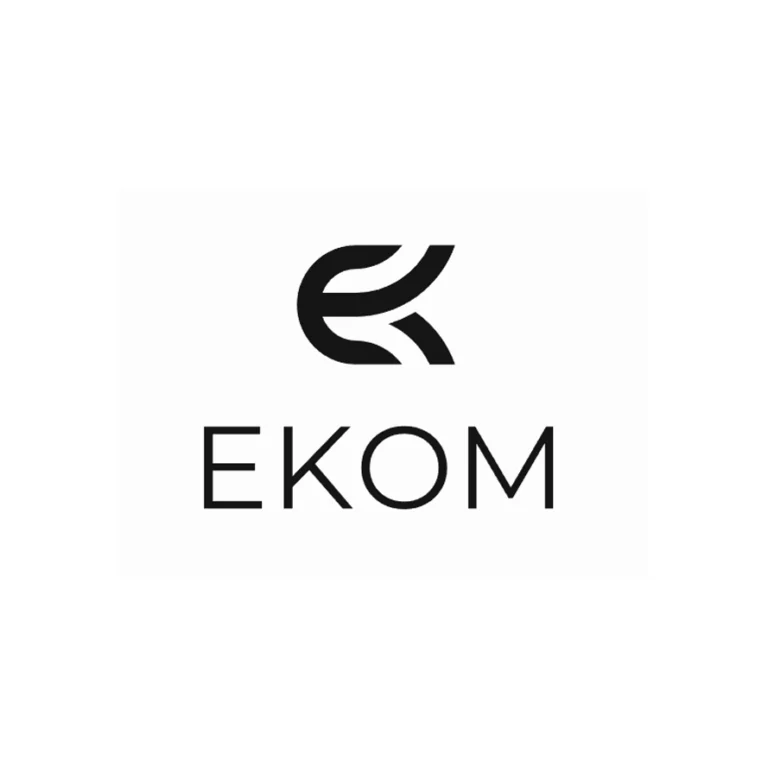As business owners, we’re all eager to see our efforts pay off, especially when it comes to content marketing. But how do we actually measure success? This isn’t just about counting likes or shares. It’s about understanding what truly drives traffic and engagement, and that takes knowing content marketing metrics.
Why Metrics Matter in Content Marketing
First, let’s talk about why measuring these metrics matters. Media & Technology Group, LLC, where we specialize in services like marketing automation and AI implementation, sees data as a goldmine. Metrics tell us what’s working and what’s not, helping us refine our strategies. This isn’t just about improving performance for today, it’s about ensuring sustained growth and success.
Imagine driving without a GPS. You’d have no idea if you’re heading in the right direction, right? That’s what marketing without analyzing metrics is like. We want to ensure our content not only reaches people but also resonates and converts.
Key Performance Indicators (KPIs) to Track
Let’s dive into some essential KPIs that small businesses should track. These indicators will help you gauge how well your content marketing strategy is performing. Remember, each business is unique, so choose what aligns with your goals.
1. Website Traffic
At the heart of any content marketing campaign is increased visibility. One way we measure this is by looking at website traffic. This includes both the number and quality of the visits. We can analyze:
- Total visits: The overall number of visitors. This shows exposure—the more, the better.
- Unique visitors: These are first-time visitors, which indicate fresh interest in your content.
- Session duration: How long visitors stay on your site. Longer sessions mean engaging content.
2. Engagement Metrics
Given our expertise at Media & Technology Group, engagement is vital. It tells us if our audience reacts to content. We should check:
- Page views: The more pages a visitor sees, the better.
- Bounce rate: A lower rate is ideal, indicating users find your content relevant.
- Social shares: When content is shared, it means it’s valuable and reaching more people.
3. Conversion Rates
Ultimately, the goal is to turn visitors into customers. That’s where tracking conversion rates come in handy. This metric shows us how effective our content is at convincing users to take action, whether it’s signing up for a newsletter or making a purchase.
4. Lead Generation
Leads are potential customers. Count how many have shown interest in what you offer by looking at:
- Form submissions: Every form filled is a potential sale.
- Email sign-ups: Retain interest through regular updates and offers.
5. SEO Performance
Improving SEO can drastically increase a website’s visibility. Evaluate how well your content ranks, using metrics like:
- Keyword rankings: Track primary keywords and their rankings.
- Organic traffic: Measure the number of visitors who find you via search engines.
Aligning Metrics with Business Goals
Why track KPIs if they aren’t aligned with your business goals? Before diving deep into analytics, think about what you want to achieve. Is it brand awareness, or are you aiming for more sales? Tailoring your content strategy toward specific goals keeps your efforts focused and efficient.
Take, for instance, one of our clients at Media & Technology Group, LLC. By aligning their metrics with clear objectives (like boosting website visits by 20% in three months), we helped optimize their strategies and track progress efficiently.
Utilizing Tools for Effective Measurement
Tracking and measuring success is easier today with several tools at our disposal. Google Analytics, SEMrush, and HubSpot are some essential tools you can use to track content marketing metrics. They help you understand your audience’s behavior, track keyword rankings, and evaluate overall performance with more depth.
But remember, tools are only as good as the person using them. Ensure you understand how to interpret data and make informed decisions. Here, our consulting services at Media & Technology Group, LLC can guide you, helping you extract valuable insights from your data.
Conclusion: Keep Measuring and Improving
Content marketing is not a set-and-forget strategy. It’s an ongoing process that demands frequent checks and tweaks. By consistently measuring content marketing metrics and adapting your strategies accordingly, you’ll ensure your content remains effective and relevant.
At Media & Technology Group, LLC, we’re always here to help businesses like yours navigate the complex world of digital marketing. From technical project management to AI-driven strategies, our goal is to help you succeed. So, let’s start measuring and make the most out of your content marketing efforts!







